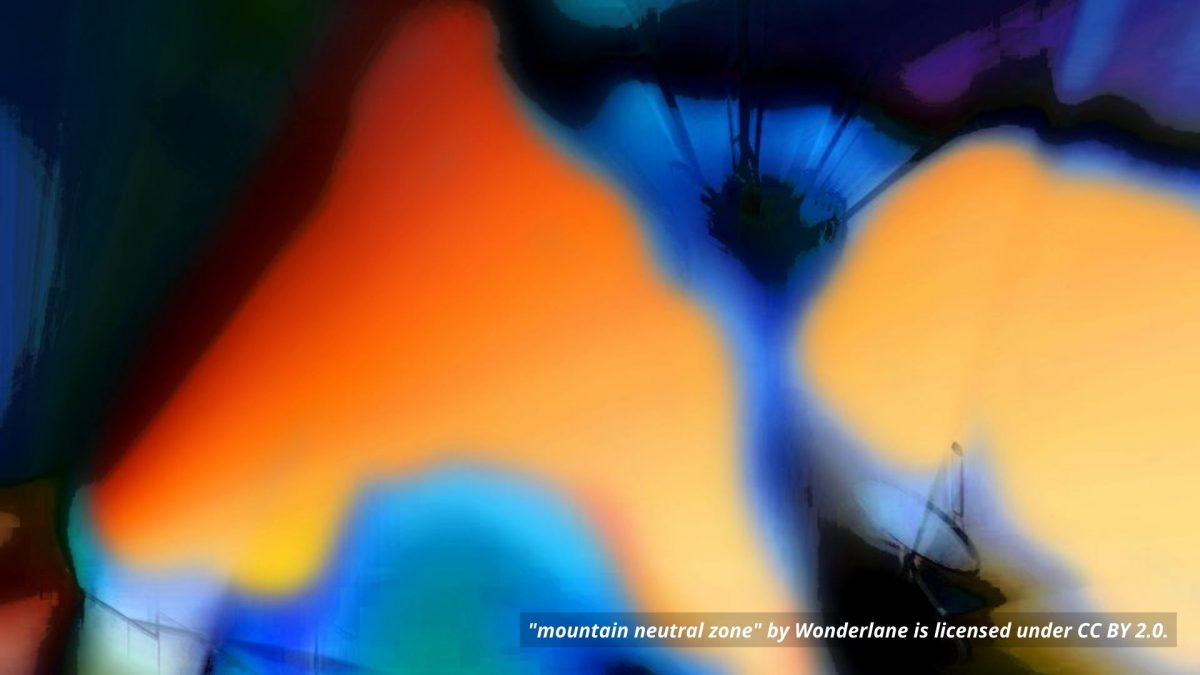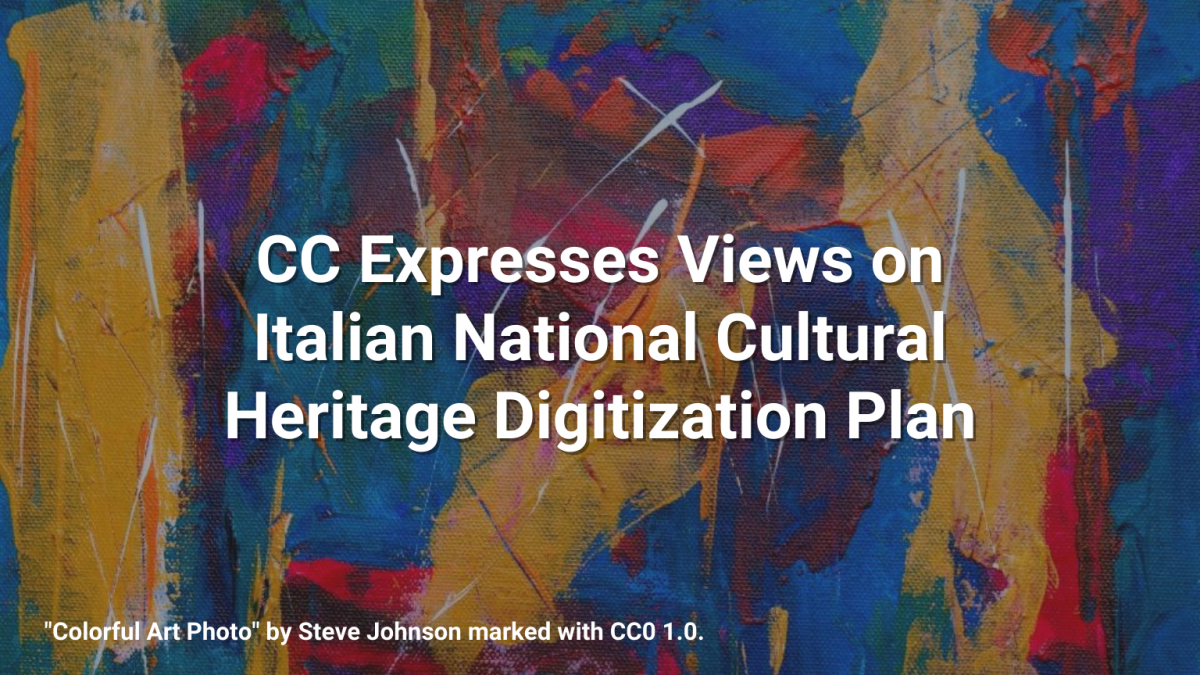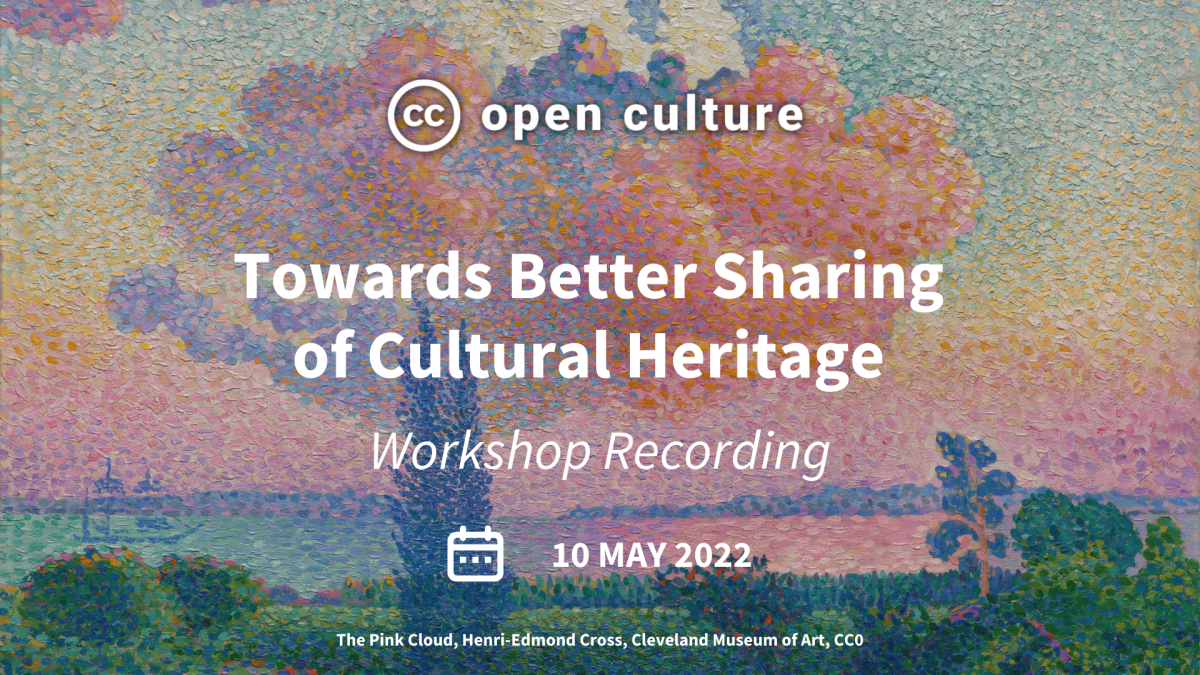Last Friday, United States (US) senators Thom Tillis (R-NC) and Patrick Leahy (D-VT) introduced the《加强促进权利技术(SMART)措施的2022年版权法》。”
Their bill proposes to have the US Copyright Office mandate that all websites accepting user-uploaded material implement technologies to automatically filter that content.We’velongbelieved这些要求过于宽泛,限制了言论,对创建者和重用者都不利。(We’re joined in this view by others such asTechdirt,Public Knowledge, andEFF, who have already stated their opposition.)
But one part of this attempt stands out to us: thelist of “myths”Sen. Tillis released to accompany the bill. In particular, Tillis lists the concern that it is a “filtering mandate that will chill free speech and harm users” as a mythinstead of a true dangerto free expression–and he cites the existence of CC’s metadata as support for his position.
Creative Commons isstrongly opposed to mandatory content filtering measures. And we particularly object to having our work and our name used to imply support for a measure that undermines free expression which CC seeks to protect.
CC licensing is designed tolet creators choose to share their workbeyond what copyright allows by default–to grant more permissions, not impose more restrictions. And while our license metadata does let reusers know critical information about licensed rights, this metadata exists to convey important information about licensed works, not to restrict their use. Critically, CC licenses were never designed or intended to override the limitations and exceptions to copyright that allow for free expression.
We believe in giving creators choices about how to share their work, and the importance ofrespecting those choices. But those rights to choose extend only as far as copyright does. Limitations and exceptions are a crucial feature of a copyright system that truly serves the public, and filter mandates fail to respect them. Because of this, licensing metadata should not be used as a mandatory upload filter–and especially not CC license data. We do not support or endorse the measures in this bill, and we object to having our name used to imply otherwise.




